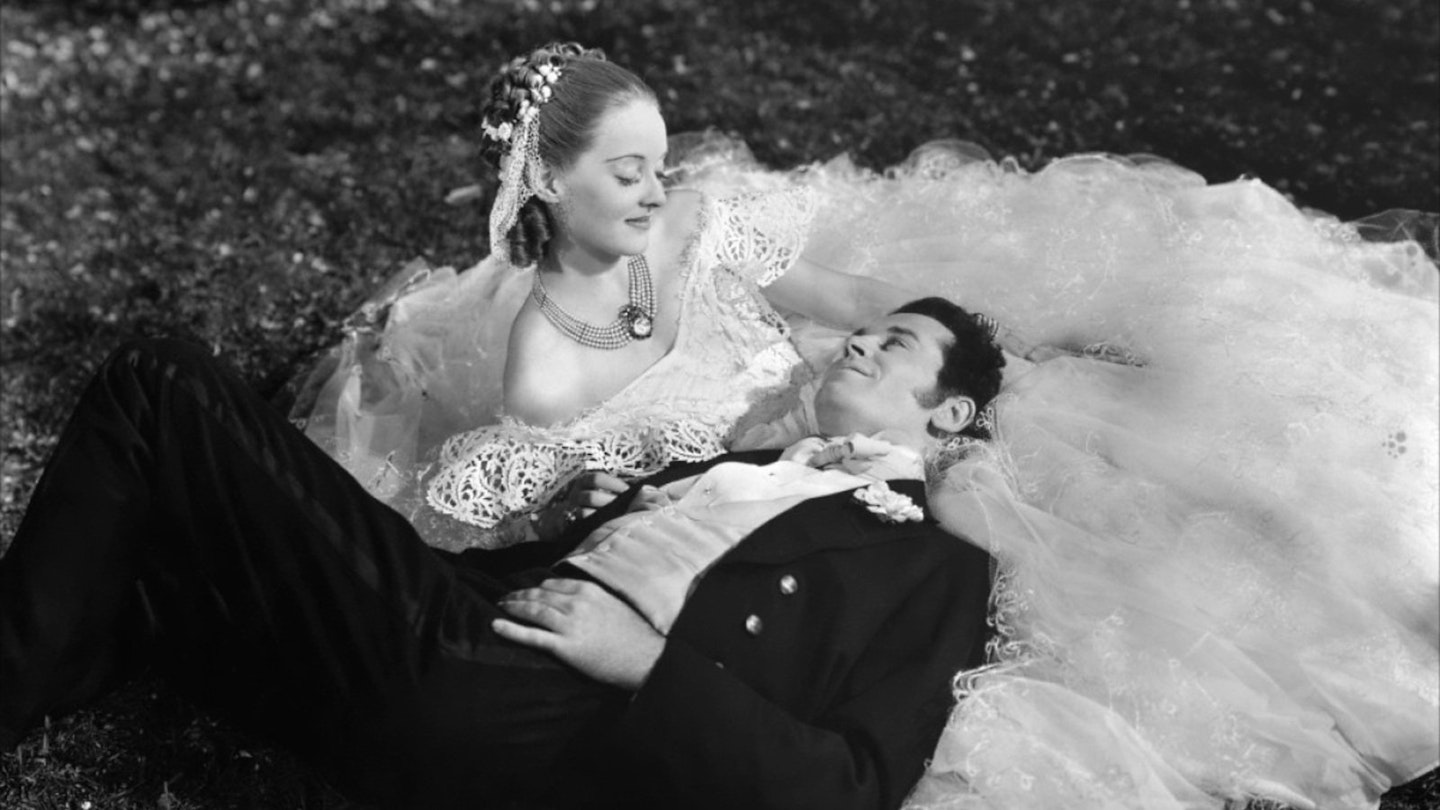Owen Davis's 1933 play closed after just 32 performances on Broadway. Yet, it became a pet project for Bette Davis after Jack Warner relinquished the rights to Gone With the Wind (1939) and David O. Selznick refused the casting of Davis and Errol Flynn. Consequently, she and Warner became determined to get their study of Southern chivalry, social propriety and noble sacrifice into cinemas before Selznick's much-vaunted adaptation of Margaret Mitchell's epic.
Davis was less than amused by the hiring of William Wyler from Goldwyn, as his insistence on repeated retakes didn't suit her diva approach to perfectionism. However, she soon fell in love with him and accepted his criticisms about the modulation of her performance, with the dual consequence that she not only gained a greater appreciation of screen craft, but she also won her second and last Best Actress award (although she would be nominated a further eight times).
Wyler's relationship with Henry Fonda was less straightforward, however. In addition to reckoning him miscast in the role of the social snob who is unable to handle a firebrand of Davis's calibre, Wyler resented the fact that Fonda had married his ex-wife, Margaret Sullavan (with whom he had considered making Jezebel in 1934). However, rumours of an on-set feud were exaggerated, as Fonda was merely irked by Wyler's sedate progress, as he had to be in New York before the picture wrapped for the birth of his first child, Jane.
The excellent Davis and Fay Bainter's Oscar-winning turns give the picture spirit. But its class comes from Ernest Haller's gliding camerawork, Richard Haas's evocative décor, Orry-Kelly's opulent costumes and Max Steiner's typically plush waltz score. However, Wyler failed to rectify the script's climactic improbabilities, even after John Huston was drafted in to humanise the melodramatics involved in Julie's insistence on nursing Preston through an outbreak of deadly yellow jack.
